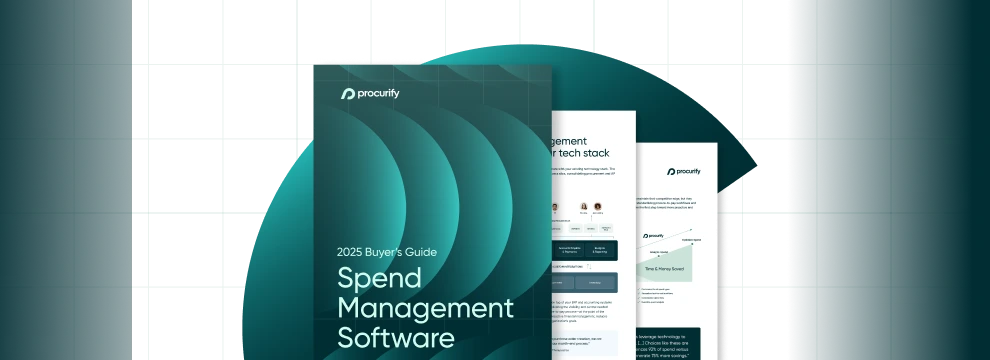The Myth Of ‘Win-Win’ Negotiations in Purchasing
The ‘win-win’ principle used in purchasing negotiations today books a lot like Larry David in the episode of “Curb Your Enthusiasm” where David, in an argument with a female character, struggles to reach a compromise David said:
“I know, look listen, you’re unhappy, I’m unhappy too. That’s what a good compromise is all about. A good compromise is when both parties are dissatisfied and I think that’s what we have here.”
This quote illustrates the prevailing myth in procurement today — that everything has to be a compromise and each negotiation ends with both parties splitting the deal in question down the middle. However, the end result of splitting the pie as such is actually a ‘lose-lose’ because neither party gets what they want.
Myth – splitting the pie down the middle is a good compromise
Rookie negotiators see only one pie: price. And each party, at the end of the day, gets half of that price pie. Of course, both parties wanted the whole thing, but are forced to walk away with half in this dynamic.
As a procurement professional, if you go into negotiations assuming the only thing of value for the supplier is price, guess what you will be negotiating? You’ll be negotiating price and the only option left to you is to budge on price and make your supplier happy. That is a rookie strategy that a true pro needs to get out of the business of doing.
Reality – rookie negotiators see only one pie and that’s the price pie
‘Win-win’ negotiations have been talked about so much that such scenarios have lost all meaning. But we can’t forget that ‘win-win’ means meeting your high value objectives and ensuring the vendor feels good about the deal. This is part of the art and science of negotiations.
When you achieve each of your biggest TCO objectives and still have the vendor feel good about it, then you can say that you’ve arrived as a procurement professional. It is critical that you understand what the other party’s interests are before you can do this.
The antiquated methods of negotiations out there – the methods that focus on getting the upper hand and painting a supplier into a corner – doesn’t work. That is a 1950’s approach and it has no business being used in today’s procurement business model.
Myth – getting the upper hand and painting the supplier Into a corner gets results
If you do employ those techniques, you’ll have bitter vendors. And bitter vendors can, and will, find ways to increase their revenue. They’ll get their money back and every time you pick up the phone – which will happen many times after the contract is signed – they’ll send you a big bill.
When vendors are happy, you’ll hear a simple, “sure, we’re all over it…we’ll be there…we’ll fly somebody out.” That’s the difference – and it is a big one.
Reality – suppliers will be bitter and you’ll spend more money
If you try and established an unfair playing field and take advantage of suppliers by using this antiquated techniques, they’re still going to get their money – and you’ll end up paying more overall.
However, allowing a vendor to win, while still meeting your objectives, is an art form. What you want to do is learn how to create multiple pies. In fact, we want to make as many pies as possible – pies that have substantial value to the supplier and below TCO impact to you. We want to try and give as many pies as we can to the supplier to make them feel so enriched from the deal, while you have not impacted your TCO proposition.
So, what other pies are there other than the price pie? For instance, free training, warranty, spare parts.
But, what else?
This article is part of what Purchasing & Procurement Center Inc will showcase during the upcoming free online class webinar “Successfully Negotiating with Suppliers” with Omid Ghamami, who’s been nicknamed the “Godfather of Negotiations” from Intel Corp. When you register for it here, – (or use this link directly bit.ly/webinar-nego) you will also get 3 Bonus Training Videos “The Truth About Purchasing Negotiations”. Purchasing & Procurement Center is the most sought after expert organisation on procurement trainings and competency development.

Webinar: From Reactive to Real-Time Spend Management
Learn why more CFOs are investing in technology and systems that deliver real-time visibility and control over all business spend – to ultimately reduce risk and cut costs.
